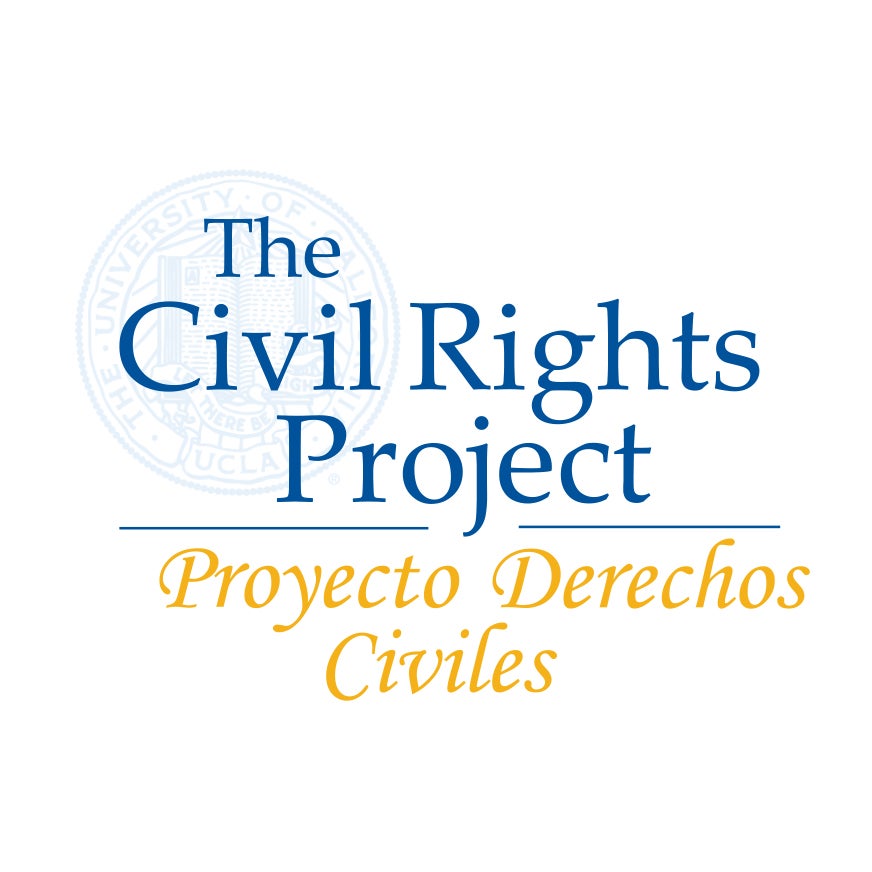Los Angeles–July 8, 2010–In an unprecedented collaboration, 21 senior scholars and advanced graduate students from four major research universities joined together under the aegis of the Civil Rights Project at UCLA, to produce nine new studies, which are being released today, on the condition of English learner students in Arizona. Approximately a tenth of U.S. students are English learners and the number is higher in Arizona. Since the Supreme Court ruling in Horne v Flores in June 2009, with a 5-4 majority supporting Arizona’s claim that it should not be required to provide more help for these students who are faring poorly in the state’s schools, many scholars and practitioners in the field of EL education have questioned Arizona’s policy of segregating these students for four hours daily. The Supreme Court sent the case back to the Federal District Court, which needs to make key decisions about the application of the new Supreme Court ruling this fall. Concern about these issues and the deepening racial polarization in Arizona led scholars from UCLA, Stanford, Arizona State University and the University of Arizona to donate their time to study how Arizona’s ELs are faring under the state’s current educational policies and to produce the best possible information so that the state and the federal district courts can consider this when applying the Supreme Court decisions
Patricia Gándara, co-director of the Civil Rights Project, commented: “I know of no other effort where scholars have worked so hard and so fast to produce rich data on an urgent issue of Latino rights.”
The findings from these nine rigorously peer-reviewed scholarly papers conclude:
- The approximately 15% of Arizona’s students who are EL are continuing to lag far behind their English speaking peers with virtually no narrowing of achievement gaps under the state policy;
- EL students are NOT gaining proficiency in English in one year as promised by the new 4-hour English Language Development (ELD) block to which these students are assigned;
- EL students are extremely segregated from their English speaking peers in what amounts to “Mexican Rooms.”
- 85% of the 880 teachers surveyed from across the state of Arizona expressed concern about the educational damage of the extreme segregation these students are experiencing, and
- The majority of these teachers did not believe most of these students were reaching grade level standards expected of all Arizona students.
- It is virtually impossible for secondary students who are consigned to the 4-hour ELD block to take and pass the courses they need to graduate high school or go on to college. These studies raise grave concerns that secondary EL students are being set up to drop out of school, while elementary age students are being stigmatized and marginalized in their schools.
Several of the studies offered recommendations for alternative instructional models that could help these students gain access to the same curriculum as their English-speaking peers and meet with greater success in school. In addition to research-based sheltered English programs, these include bilingual and dual language programs, models that have been either outlawed or heavily discouraged in Arizona but continue to show stronger results than the program currently in operation there.
Co-director Gary Orfield added: “When we moved the Civil Rights Project from Harvard to UCLA we hoped to more strongly address the critical civil rights issues of the West and this project is a very important step toward that goal.”
These papers, which represent the independent judgment of the scholars, have been peer reviewed by leading experts in the field and are being published by the Civil Rights Project, a nonpartisan research center located at UCLA.
To access the 9 studies, visit the project overview and abstracts.
